The Oxford Martin Programme on the
Impacts of Future Technology

The Oxford Martin Programme on the Impact of Future Technology was established with funding from the Oxford Martin School in 2011 and the grant from the School ended in 2015.

the project
The start of the 21st century has been marked by rapid technological development, with widespread impacts for both individuals and society. The nature of our workforce, how we fight wars, the risks posed by disease, and even our bodies and brains are all being transformed by new technology, and we can expect the future to bring even more dramatic changes.
As our rate of technological innovation accelerates, it is vital to understand the nature of technological change, its directions and possible impacts for humanity. Our aim is to usefully predict and analyse the long-range trajectories and limitations of transformative technologies, and establish how best to prepare for the societal impacts - both positive and negative - that they will bring.
Developing better theoretical tools for understanding the nature of technological change will help us to anticipate its impacts ahead of time, enabling us to formulate predictions for near-, mid- and long-term horizons. This will allow us to develop practical recommendations for policy makers, industry leaders and even the public on how to prepare for changes ahead.
The programme brings together experts from a diverse range of fields, including moral philosophy, artificial intelligence, decision theory, genomics, economics, nanotechnology, ecology and computational neuroscience. We take a long-term vision of the future, looking ahead to thirty, forty or fifty years from now, and combine detailed study of specific technologies, such as machine superintelligence, with broader analysis of others, including human enhancement, synthetic biology and biosecurity, and surveillance technology.
We conduct philosophical and interdisciplinary analysis of deep theoretical issues in technological change, investigating issues such as how to better predict the dynamics of change, and how technological progress can best be guided so as to realise benefits while avoiding catastrophic risks.
Selected research
Technology and employment: Carl Frey’s collaboration with Michael Osborne (Associate Professor in Machine Learning, Department of Engineering Science) led to the widely-cited ‘The Future of Employment: how susceptible are jobs to computerisation?’. The paper has received widespread attention from media, the public and policymakers. In collaboration with Thor Berger, Carl Frey has carried out further studies on the impact of radical technological shifts on urban development – please see his page for a list of publications.
Artificial intelligence: The publication of Nick Bostrom’s book Superintelligence: Paths, Dangers, Strategies in 2014 helped to shift the global view of artificial intelligence and our control over it. The book presents the most rigorous analysis to date of the future trajectories of artificial intelligence, while examining the potential socio-economic impacts and risks associated with the technology. A New York Times bestseller, Superintelligence has been recommended by influential figures including Bill Gates, Elon Musk and Lord Martin Rees, with Musk going on to make a personal donation of $10m to fund the study of AI risk. The success of Superintelligence and other work by programme members has confirmed the programme as leading the academic field of the study of the risks of artificial intelligence.
videos
Planet of the Clones
"Artificial intelligence: examining the interface between brain and machine" with Dr Anders Sandberg
"Big history and the place of human beings in the cosmos" with David Christian
Man vs Robot: How far would you go to keep your job?
Next big thing: The Miracle Pill - Anders Sandberg
Next big thing: The Miracle Pill - Dr Bennet Foddy
Oxford Literary Festival 2013: Science and the Future part 2
Physical Law and the Future of Nanotechnology
What is 'machine intelligence'?
publications
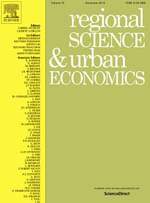
Technology Shocks and Urban Evolutions: Did the Computer Revolution Shift the Fortunes of US Cities?
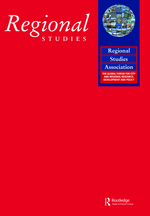
Industrial Renewal in the 21st Century: Evidence from U.S. Cities

Technology, Globalisation and the Future of Work in Europe
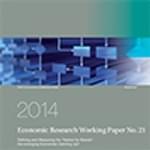
Economic Research Working Paper No. 21 Defining and Measuring the “Market for Brands”: Are emerging Economies Catching Up?
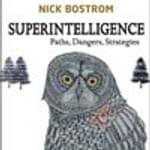
Superintelligence: Paths, Dangers, Strategies

Technological change and new work
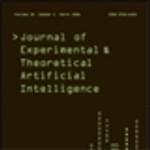
The errors, insights and lessons of famous AI predictions – and what they mean for the future

Constructor theory

Intellectual Property Rights and the Financing of Technological Innovation: Public Policy and the Efficiency of Capital Markets

Patent backlogs, inventories and pendency: An international framework

Radical Abundance: How a Revolution in Nanotechnology Will Change Civilization

Existential Risk Prevention as Global Priority

The Unilateralist’s Curse: The Case for a Principle of Conformity
Keep in touch
If you found this page useful, sign up to our monthly digest of the latest news and events
Subscribe